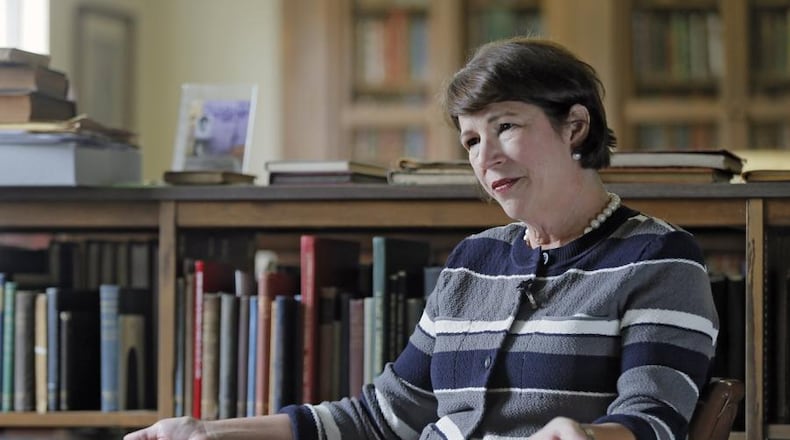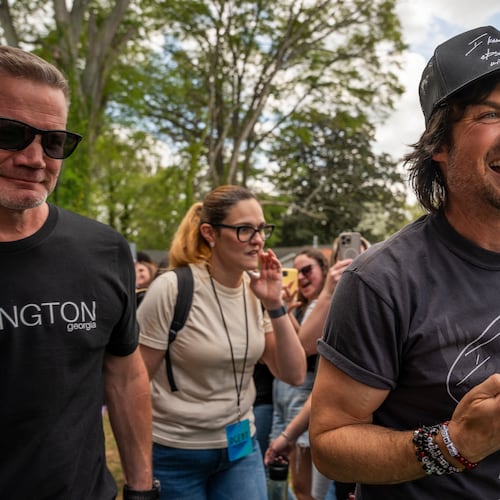As part of an evolving plan to reconcile for racism in its past, Macon's Wesleyan College last week joined a consortium of more than two dozen colleges and universities studying the history and legacy of slavery at their institutions.
The July 26 announcement on the Universities Studying Slavery (USS) website welcomed Wesleyan to the group administered out of the University of Virginia.
"We are thrilled to add another school to this growing movement of institutions addressing past entanglement in human bondage or its post-emancipation legacies," the group said in a statement.
The USS announcement notes Wesleyan's historic ties to the Ku Klux Klan reported in late June by The Atlanta Journal-Constitution. Wesleyan leaders have struggled with how to respond to the outpouring among alumnae, especially on social media, since the article appeared. Some have shared relatively recent stories of their own experiences confronting racism on campus and made clear it's not a matter of history for them.
Credit: Brad Schrade
Credit: Brad Schrade
The AJC on Sunday reported that Wesleyan's racist initiation traditions started in the first half of the 20th century and went on for years after the school was integrated in late 1960s. In to the 1990s, scores of black women experienced hazing that involved nooses and hooded robes evoking the Klan.
Wesleyan is the only college in Georgia in the USS group.
Other schools in the group include Clemson University, Georgetown University, University of South Carolina and University of North Carolina.
Last year Wesleyan commissioned a history professor to examine race on campus, including the school's ties to slavery. Wesleyan president Vivia Fowler said the school contacted USS this summer about joining the group.
She said the school is searching records to identify early college leaders who owned slaves or the employment of slaves on campus who were owned by others in the Macon area.
"These records will be revealed as the historical research unfolds, and we have already learned a great deal from other southern institutions who have done similar research," Fowler said.
In late June, the school rushed an update to its official history page as part of the effort to reconcile its past. The revision included ties to slavery and the Klan links through class names. But some black alumnae criticized the effort. They said the revised history was offensive and glossed over more recent racism on campus.
About the Author
Keep Reading
The Latest
Featured





